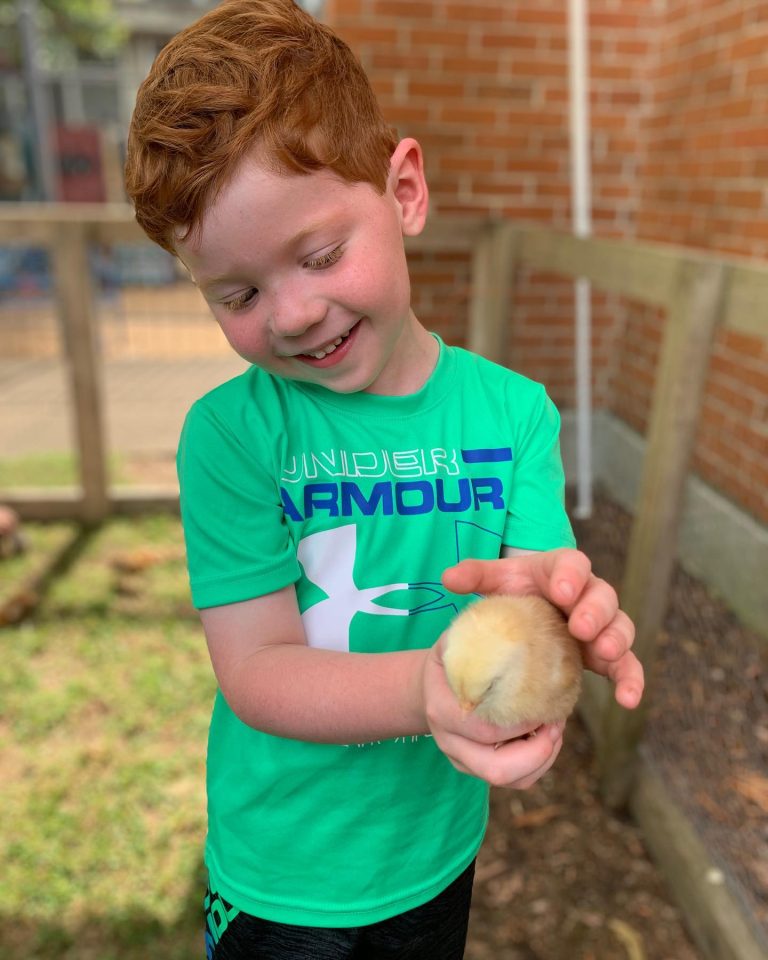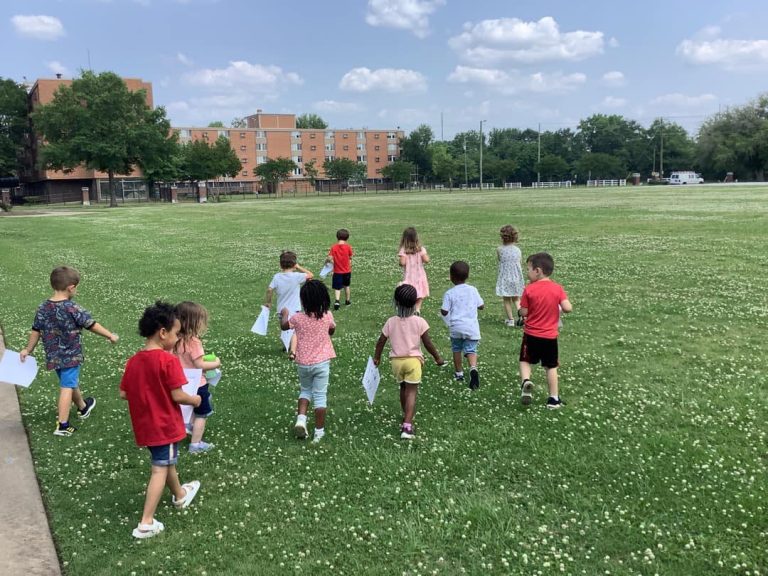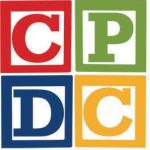Promoting and Supporting Inclusivity
Our CPDC children are regularly screened and referred as needed to on-campus services, early intervention, or our local school district's special education services. Our children have the resources of campus special services, such as music therapy and speech, language, and hearing services. CPDC firmly believes that all children and families deserve the right to learn and grow in a nurturing environment.
- Concerned about development? Use the CDC Milestone Monitor or The Ages and Stages Questionnaire to monitor your child’s development regularly. Parents and Caregivers around their children are more able to identify concerns. These questionnaires will give you the tools and language to go to the next steps.
- Still concerned? Use the resources with MECIC to arrange screenings. CPDC regularly has inclusion experts come to the CPDC to assist our classrooms with inclusive and UDL practices. We will be happy to help you arrange further screenings. (Monitoring and screenings are the first step, evaluations for therapies are second, and diagnostic tools for diagnoses are last as they take the longest and are NOT necessary to get therapy services.) CPDC will work with the parent to develop a plan of action. If the family does not work on a solution CPDC, as a mandated reporter, has 7 days to make the referral if delays are suspected.

If you have concerns that your child may need additional support:
STEP 1: Speak with your child’s teacher or pediatrician or use other screening mechanisms. If you believe there may be a delay, DO NOT USE A WAIT AND SEE APPROACH. It never hurts to go ahead with early intervention screenings to see if you need further evaluations. Please understand that you do not need a formal diagnosis to receive services to help your child succeed. The steps with early intervention below are mandated by law to assist you promptly.
STEP 2: For any child birth-3, contact FIRST STEPS Early Intervention.
STEP 3: For any child 3-21, contact the school district where you live. You do need to be enrolled in the school to receive services.
STEP 4: Follow up with the referral and be available for meetings. CPDC is available and would encourage the family to make sure CPDC is involved with the referral steps. The screenings, evaluations, and service plans can occur during your child’s day at the CPDC. We encourage your therapists to use CPDC as part of their active plan! As a parent, you are entitled to your child receiving therapies in the “least restrictive environment” which is on site during their day at childcare.
If you have difficulty with services your child needs or need support, we recommend contacting Mississippi’s Parent Training Institute. They are experts at navigating the world of special needs and inclusive best practices. They can be by your side to help you support your child. They also offer some amazing boot camps for parents learning to navigate this world!
CPDC believes in full inclusion but also understands that there may be a limit to the care we can provide as CPDC is not a therapeutic center for special needs. If your child needs one-on-one aides and support, we recommend contacting PediaTrust, ICS Head Start, or your public school district.
The golden triangle region also has these services that may be beneficial:
Here are some ideas to help all children succeed:
- Put down the devices. While technology does have its place, explore the research surrounding stunting social and emotional development if children are too dependent on technology.
- Expose your children to different environments and sensory stimulants. Early Childhood is active, messy, and loud. Prepare your children for school by giving them all learning experiences – from the grocery store and birthday parties to public playgrounds. This is also a fantastic way to introduce different personalities, environmental print, multiple tactile and visual stimulants, better understand your child’s specific hypersensitivity, and understand necessary calming techniques for your child.
- Teach your children self-help, life skills, and independence skills. We know our sweet babies don’t stay young forever, but part of our job is to prepare them for the world. Think about items that may hinder their development. It’s not just technology. It could be overusing pacifiers when they are struggling with communication or practicing more with self-feeding when struggling with fine motor skills. Life skills also include areas like compassion and a growth mindset. Practicing these skills are incredibly important to their development.
- Practice non-preferred tasks. Inevitably, life has disappointments. Please help encourage your child that we all make mistakes and must practice growing skills. Offer choices, use first/then language, and offer visual schedules or visual books to speak positively about upcoming challenges.
- Know your child. If they aren’t ready to go out into the sensory-filled environment with you, think about how overwhelming a full room or playground of noisy children might be to them. Our environment can also be overwhelming because of the number of practicum or work-study students in and out with little consistency. All children aren’t ready for a high level of disruption to their normal behavior patterns. Consider starting with small playgroups, soccer, dance class, or at-home lower-number care and building up to full group all-day school. Possibly even start with part-time child care or even some public-school classrooms with fewer disruptions and more adults who can pull them out when overwhelmed. All children are ready for big school at different times, which is perfectly ok! Overall, we all must give every child every opportunity we can offer to succeed!

